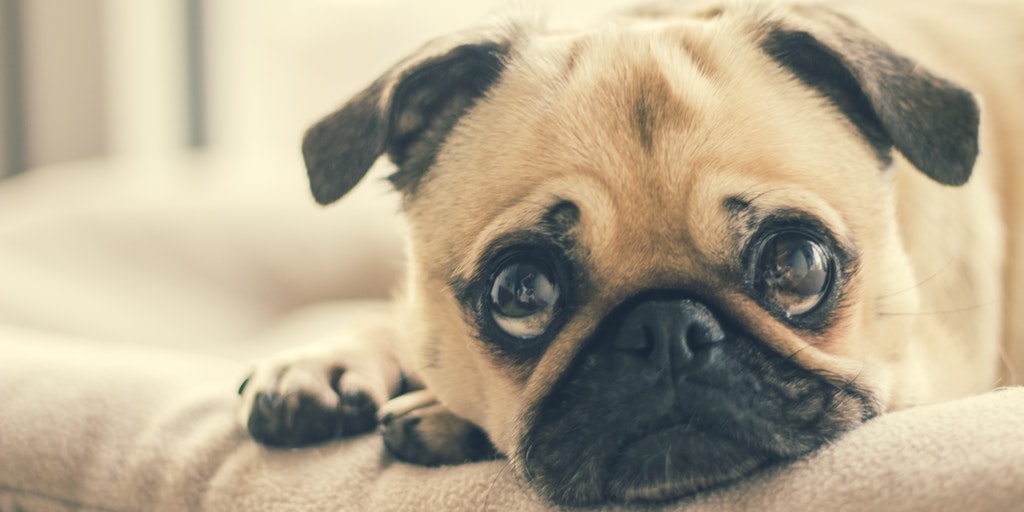Household Dangers for Pets

Pets can be curious and inquisitive, and that means that we as their caretakers have to take some extra precautions to make sure that we keep their space clear of potential hazards. Here are some common household items that can be dangerous for pets.
Dangers in the Kitchen
While it may seem like Fido has a steel stomach (how else could he chew on that stinky shoe, after all), the truth is that many foods that are fine for humans are damaging to our furry or feathered friends. Make sure that any of these treats are stored out of reach of pets and aren't accidentally left in trash cans or on countertops.
- Chocolate, Coffee, and Caffeine- The problem with all of these substances is cocoa, which is the most common substance for pet poisoning. Dark chocolates are the most dangerous, and consumption can result in seizures or even death.
- Avocado- Birds and rabbits are particularly prone to complications following avocado consumption. In birds, the fruit has cardiovascular side effects. Rabbits can have swelling in the head and throat after eating them.
- Raisins and Grapes- Researchers have not yet been able to identify the exact substance in raisins and grapes that make them toxic to dogs, but the documentation is clear. Even in relatively small amounts, grapes and raisins can cause kidney failure in dogs.
- Onions, Garlic, and Chives- These are particularly toxic to cats, who are also more likely to chew on grass-like plants like chives. Onions, garlic, and chives can also be bad for dogs if consumed in large enough quantities. In both animals, these substances cause gastrointestinal problems.
Garage/Outdoor Concerns
Dangers from garages and backyards can be particularly insidious because we might not think about them as often. It's important to do a double check of any area where a pet might find themselves unattended.
- Antifreeze- Because the substance has a sweet taste, pets are likely to consume it if given access. The results are deadly. A teaspoon can kill a large cat. Make sure to keep antifreeze stored in a closed container out of reach and watch for leaks that could leave a tempting but deadly puddle behind.
- De-Icers- Salt mixes and other substances designed to melt snow and ice can be toxic if ingested directly or licked off the paws of a pet who has walked through them. While there are now "pet-friendly" options available, it's still best to make sure to keep pets' feet extra clean during winter months.
- Pest Poisons- Obviously, poison is deadly, but it can be easy to forget about the dusty box of old rat poison on a garage shelf. In addition, if a rodent ingested poison elsewhere but made its way to your house before dying, your pet can get secondary poisoning if it eats the dead rodent.
Other Household Hazards
Pets often have access to several areas in the house at night or when we are away from the home. There are several common household substances that need to be kept locked away for safety.
- Laundry Pods- We've heard a lot about laundry pods and the dangers they pose to children, but they pose the same dangers to pets. Because of their size and shape, they are particularly hazardous to dogs who are prone to chewing. If cats get laundry detergent on their fur, they are likely to ingest it while cleaning themselves.
- Household Plants- Several common houseplants are toxic to pets, and cats are especially prone to nibbling. Before you bring plants into the home, check to make sure they're on the pet-safe list.
- Medicines- Make sure you don't leave out any bottles of medications, especially pain meds. Childproof lids are no match for a dog's powerful jaws, so it's best to keep these up high and behind a closed door.
While it may be scary to think about all of the potential dangers lurking in your own home, a few precautions and a little awareness can go a long way toward avoiding expensive vet trips and keeping your pets safe and healthy.
- Choice Pet Admin
